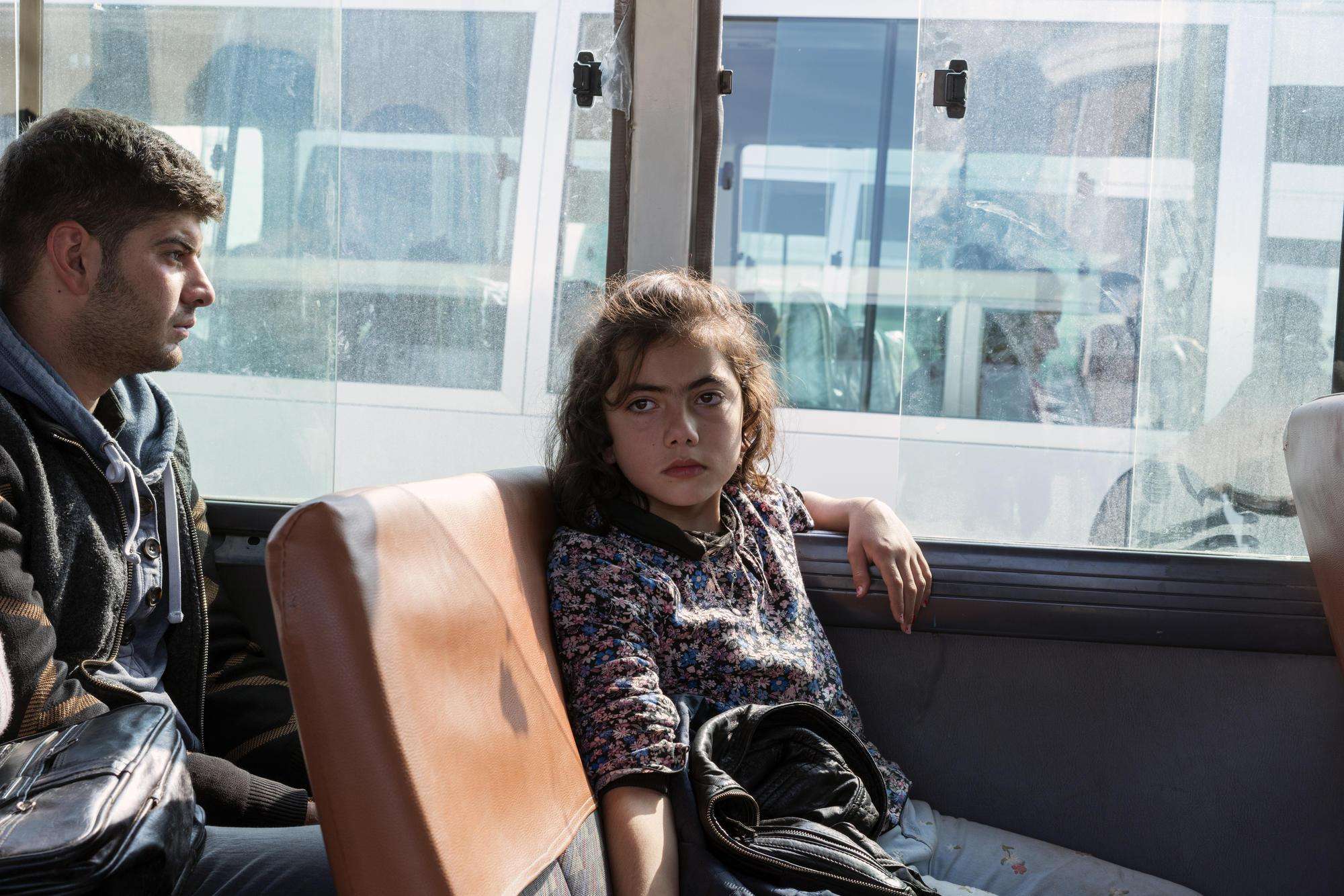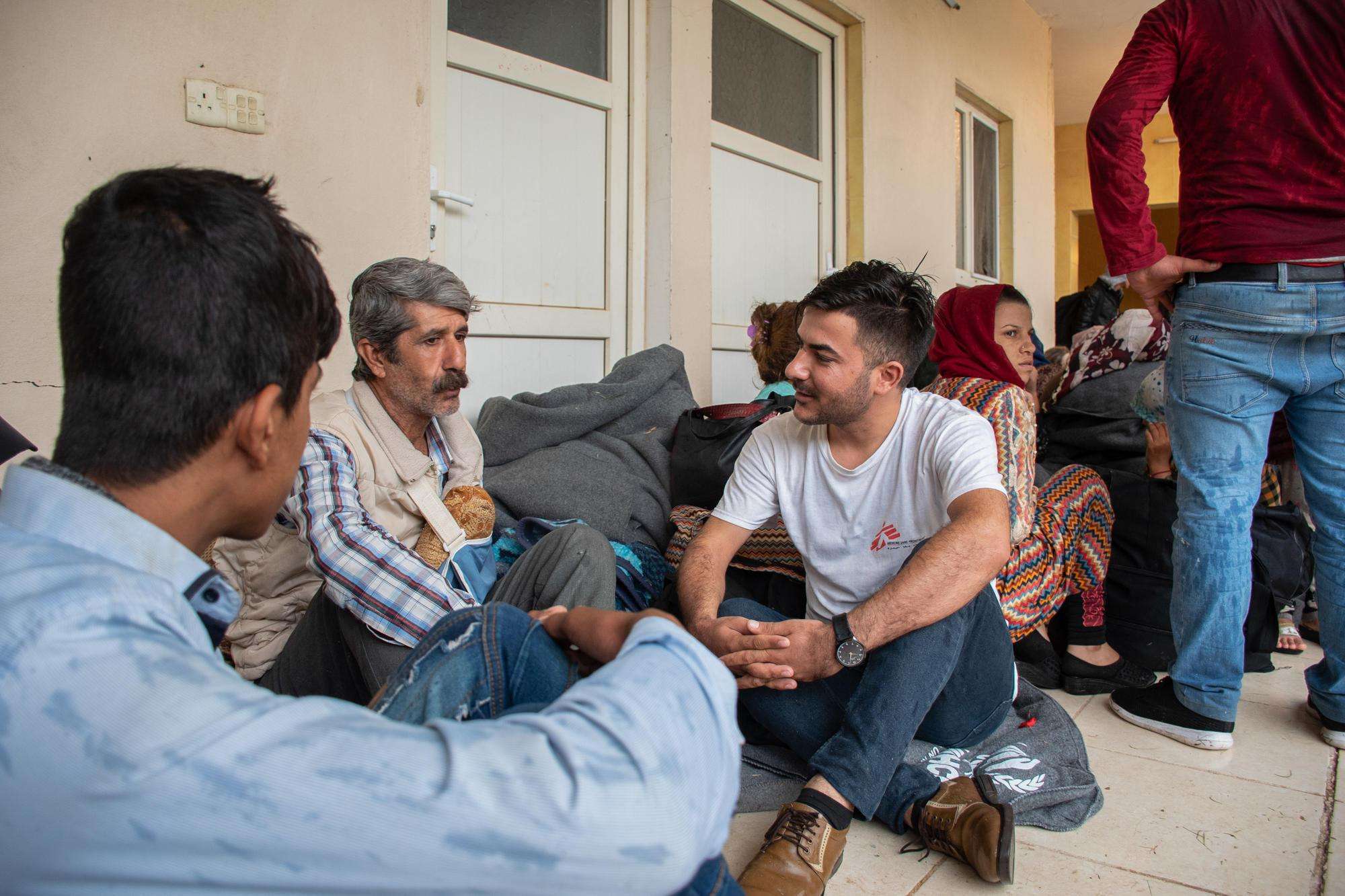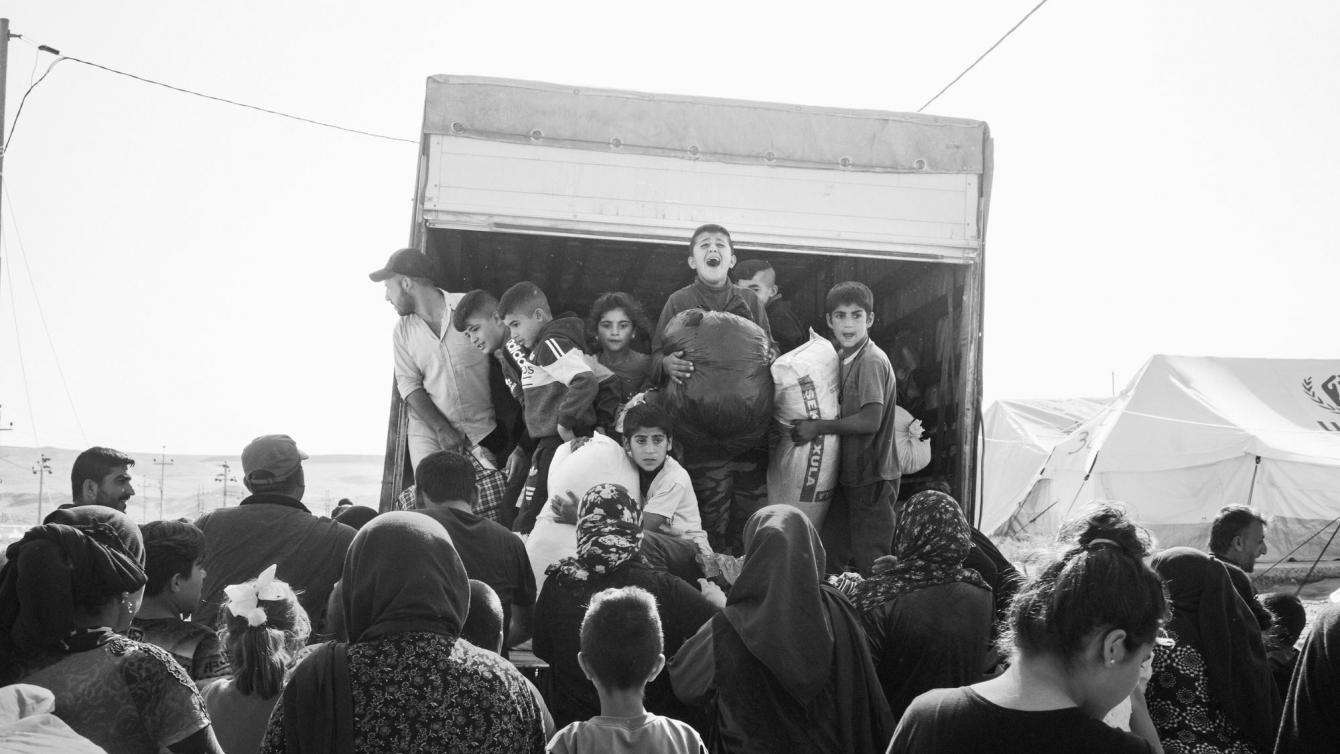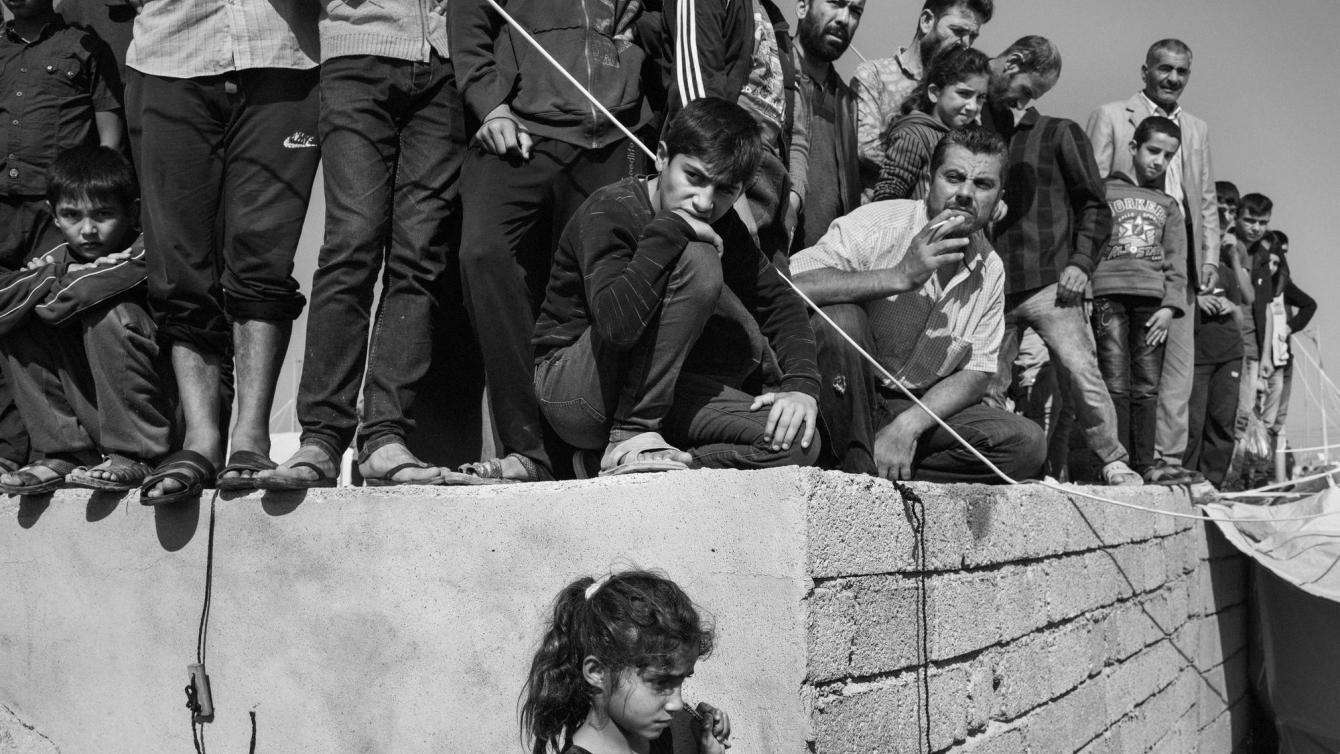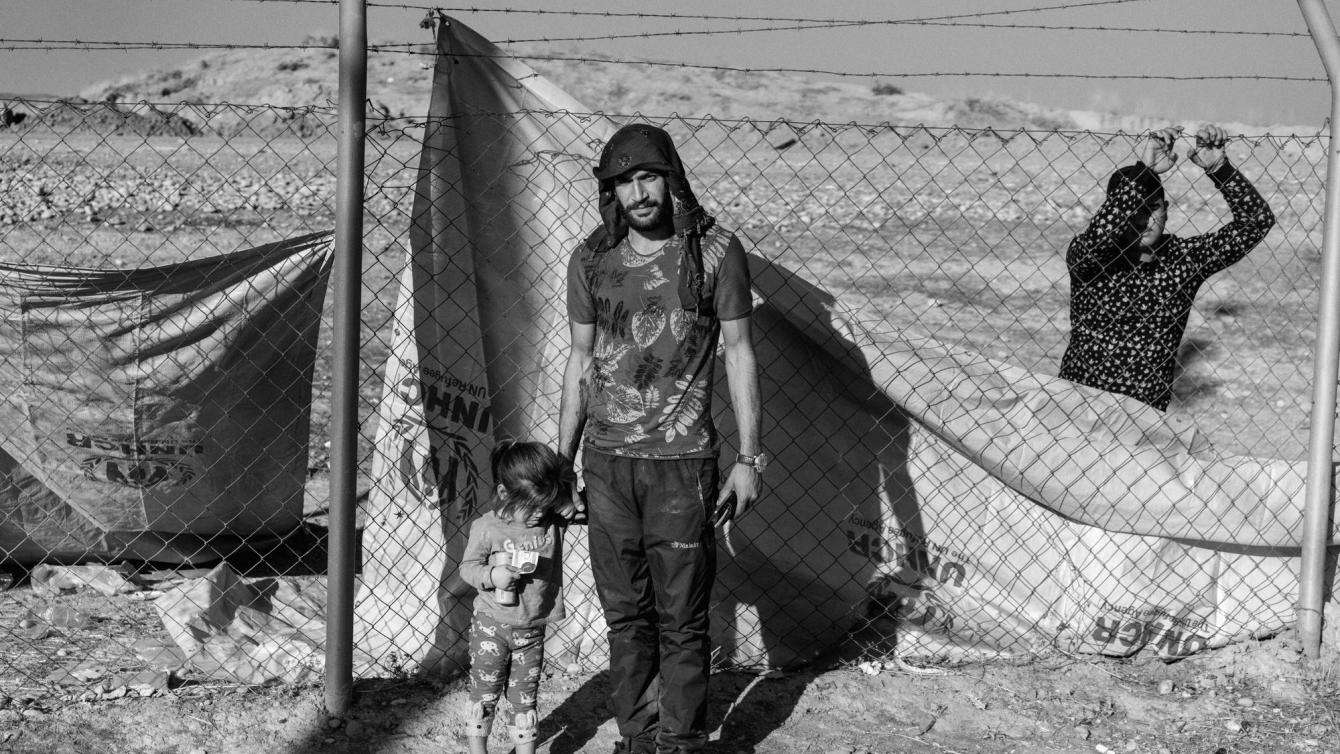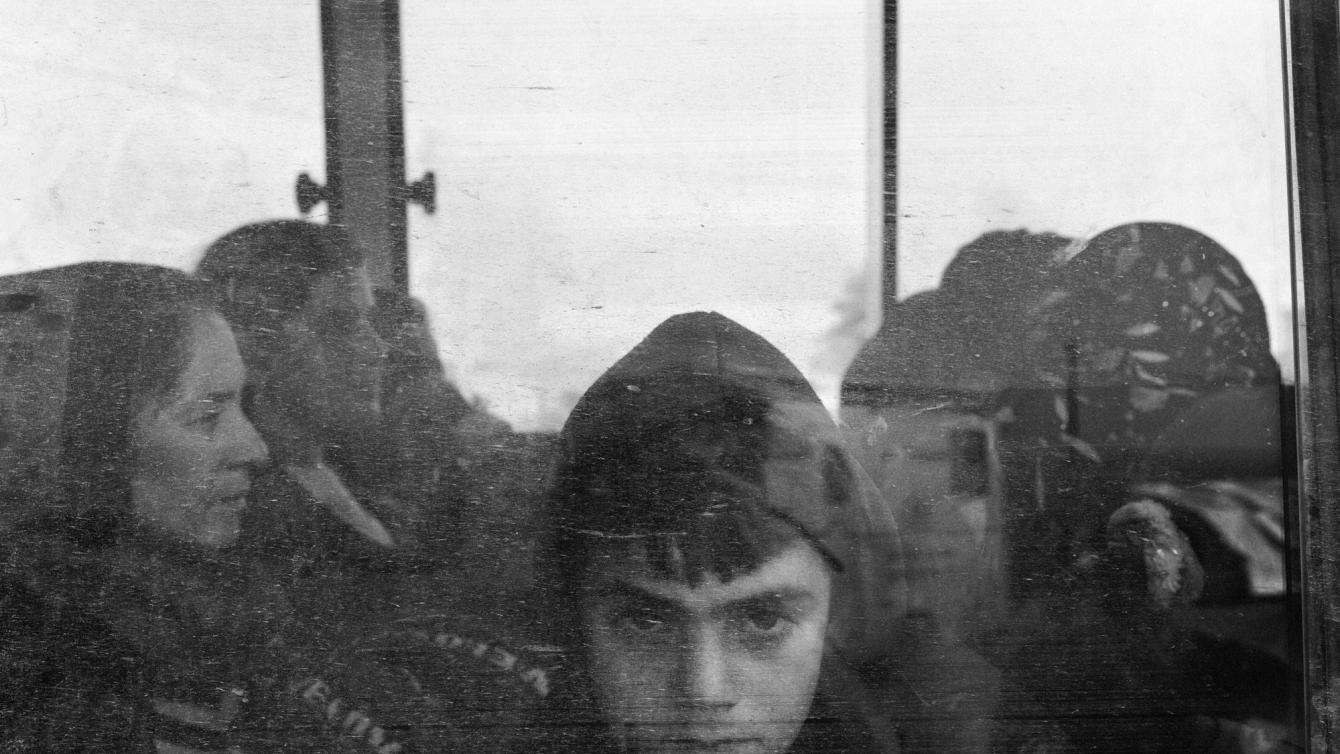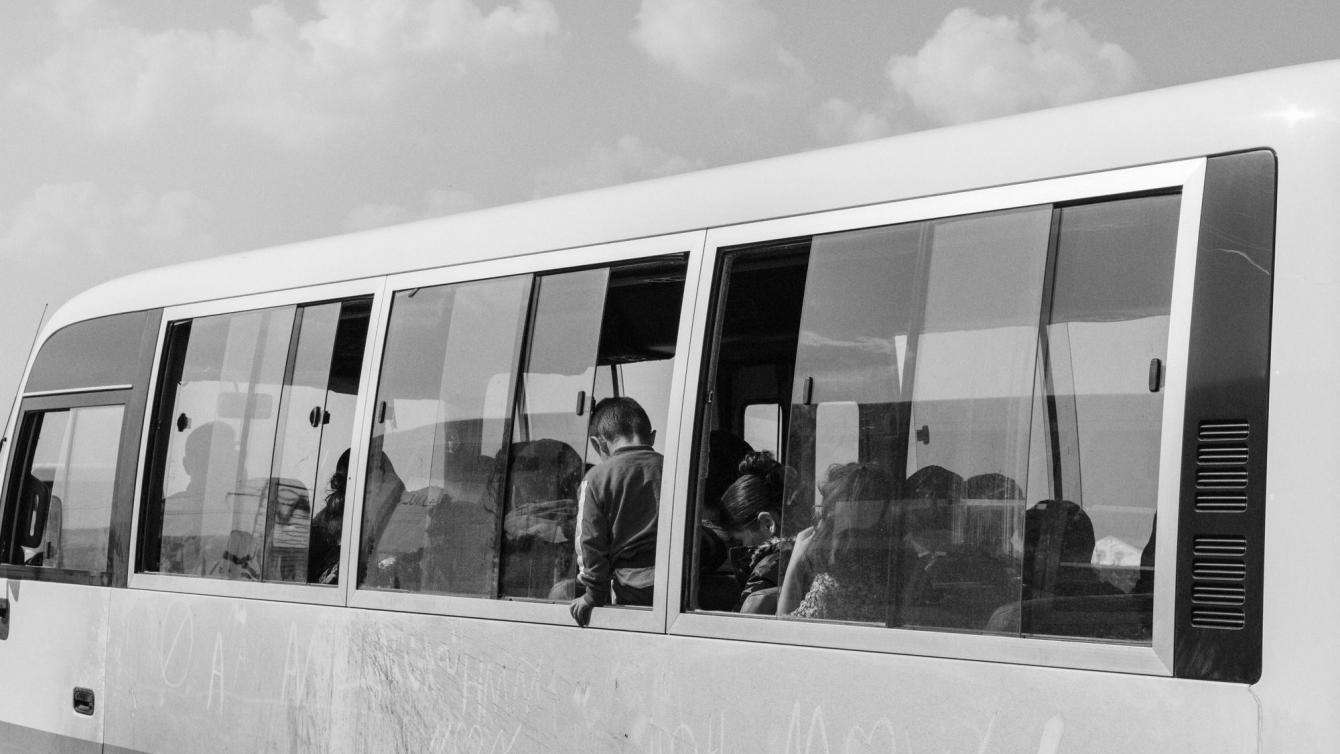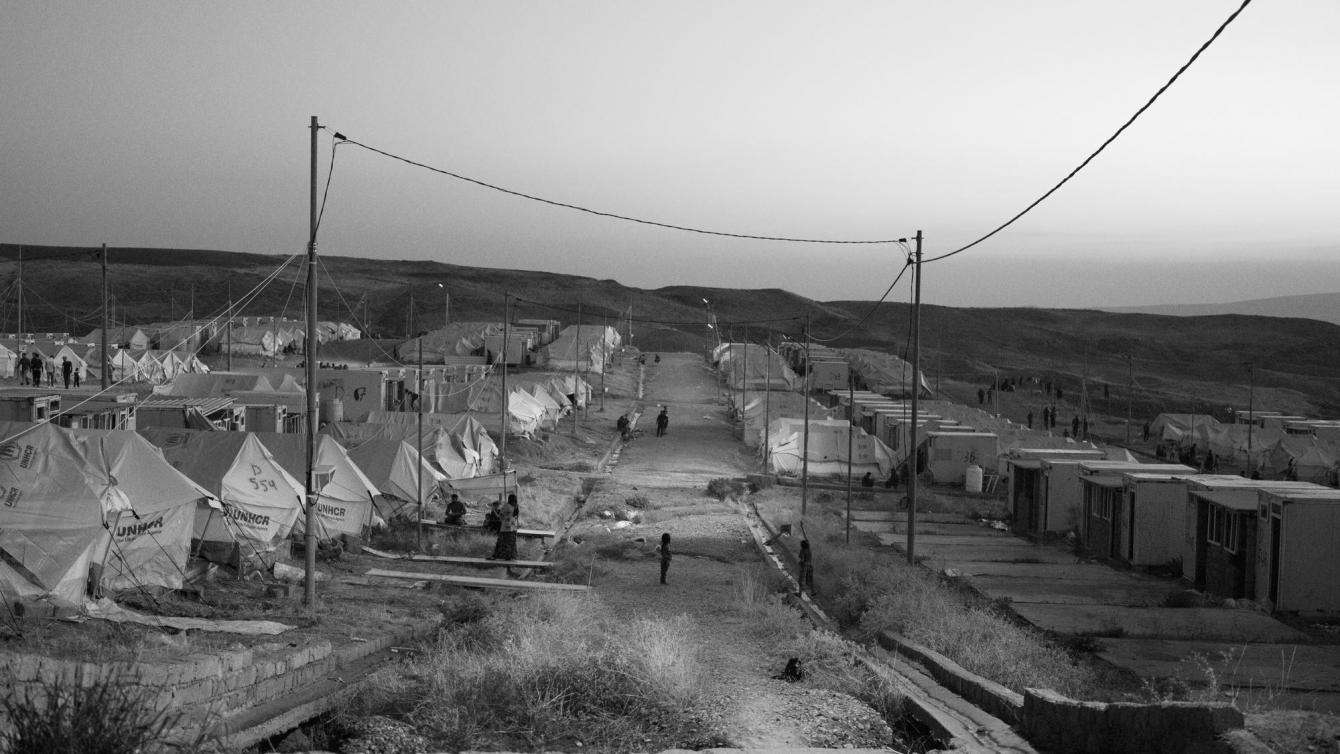More than 17,000 people have crossed into Iraq from northeastern Syria following the US troop withdrawal in October and subsequent Turkish military operations in the region.
By November 6, more than 13,000 Kurdish refugees had settled into tents on concrete slabs in Bardarash camp, originally built in 2013 to accommodate Iraqis fleeing fighting in Mosul.
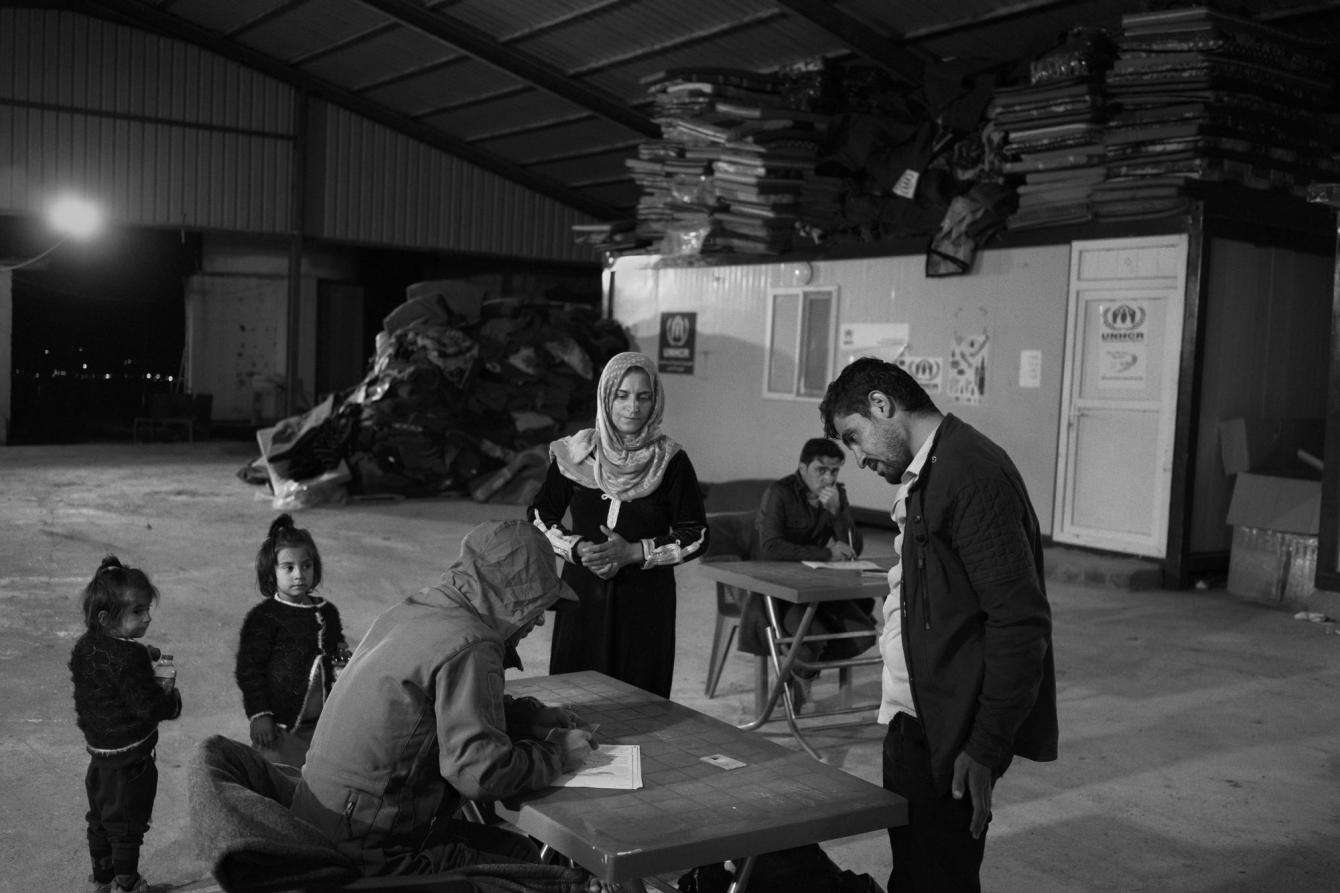
Doctors Without Borders/Médecins Sans Frontières (MSF) started providing medical and mental health care at the Sahela border reception site and in the Bardarash refugee camp on October 24. Since then, MSF has conducted 3,207 health care consultations, including 1,031 for children under five years old. The number of daily consultations has now stabilized between 120 and 180.
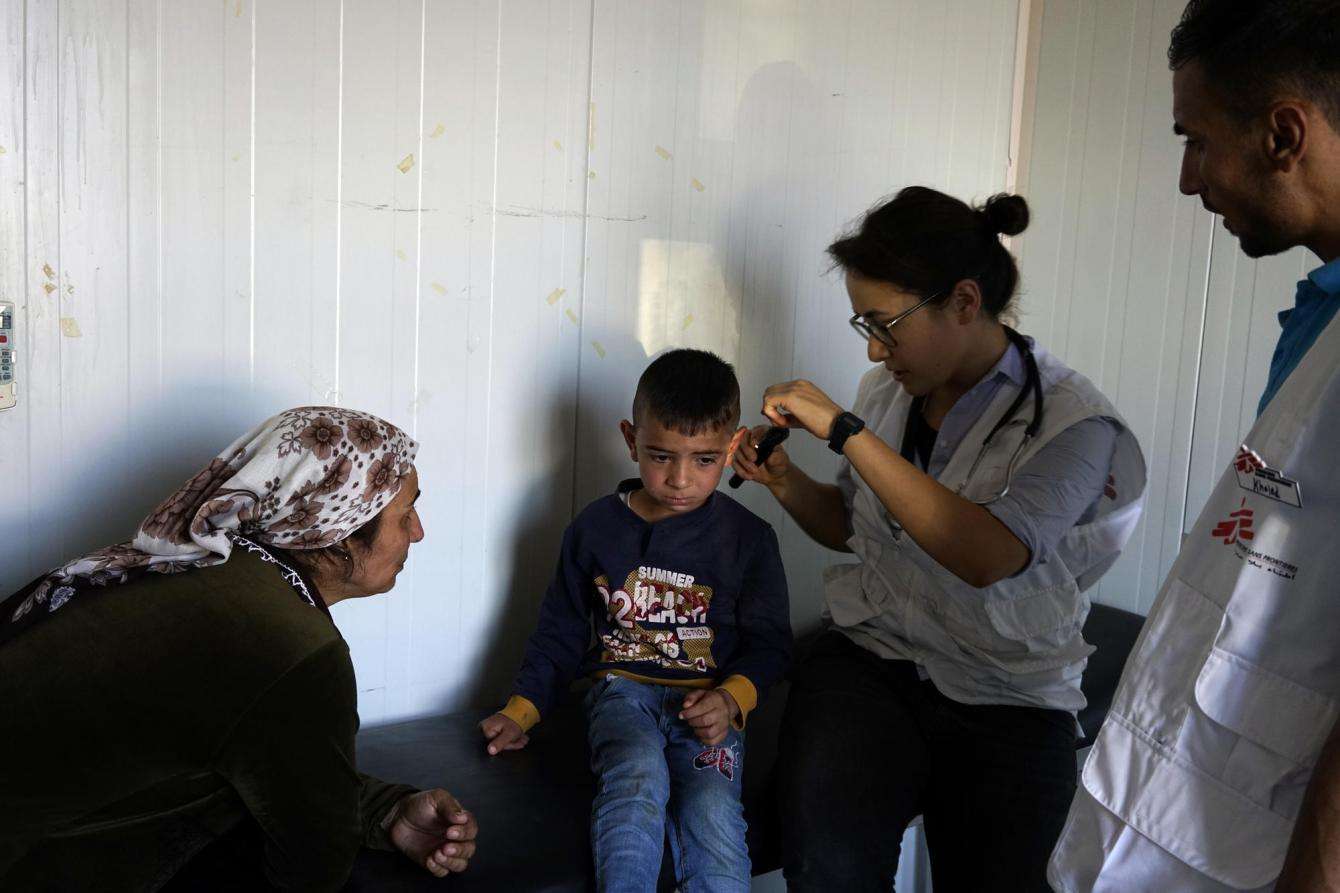
Most patients are suffering from upper respiratory tract infections caused by the cold nights spent in tents.
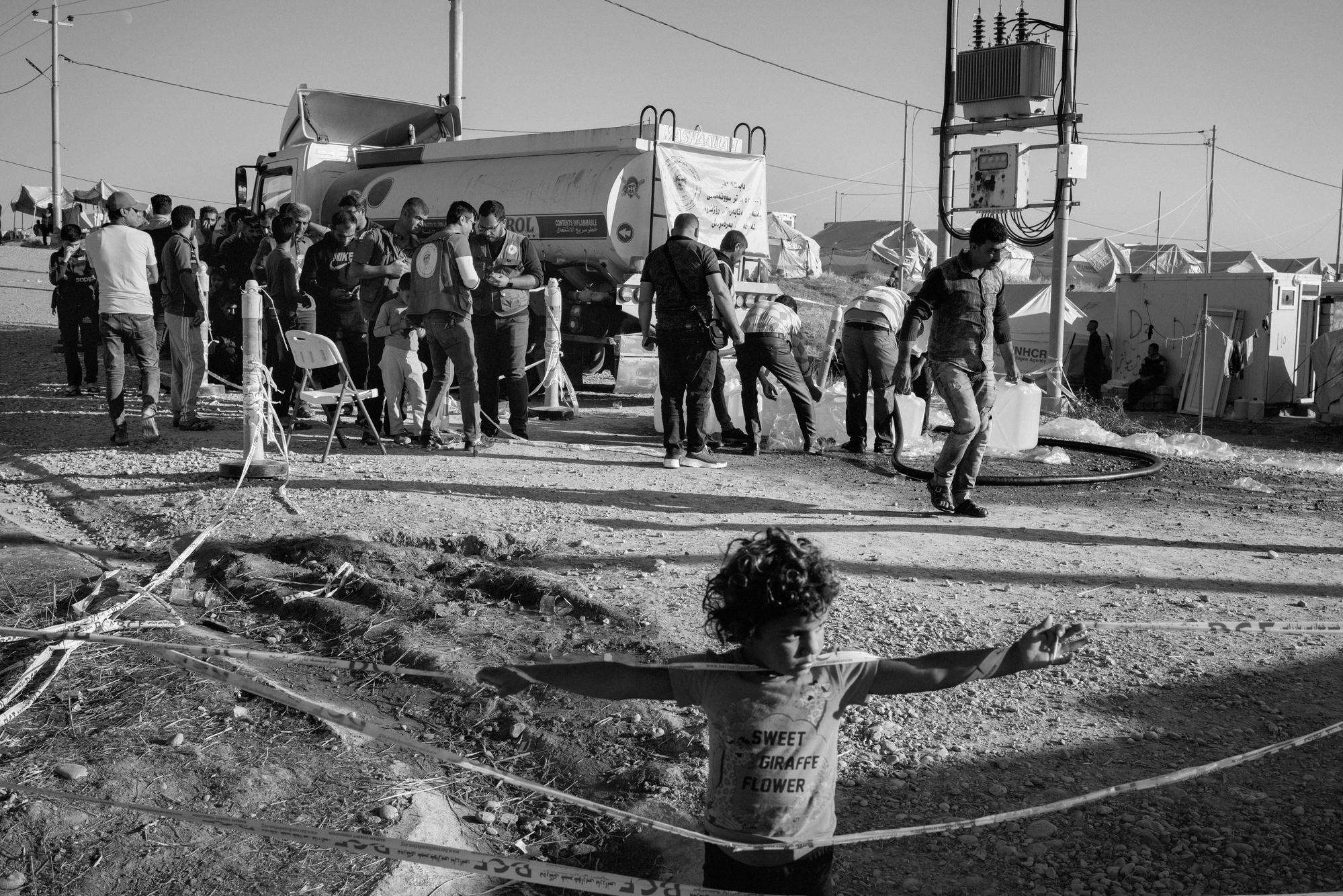
In addition to medical care, MSF has provided mental health care to more than 800 families at the Sahela border reception site and in Bardarash camp by going tent-to-tent.
“Roughly 50 percent of the people we saw during our mental health assessment in the camp were presenting symptoms linked to depression and anxiety,” said MSF mental health manager Bruno Pradal.
Others exhibited medically unexplained physical symptoms like headaches and muscle pain, which could be related to mental health problems.
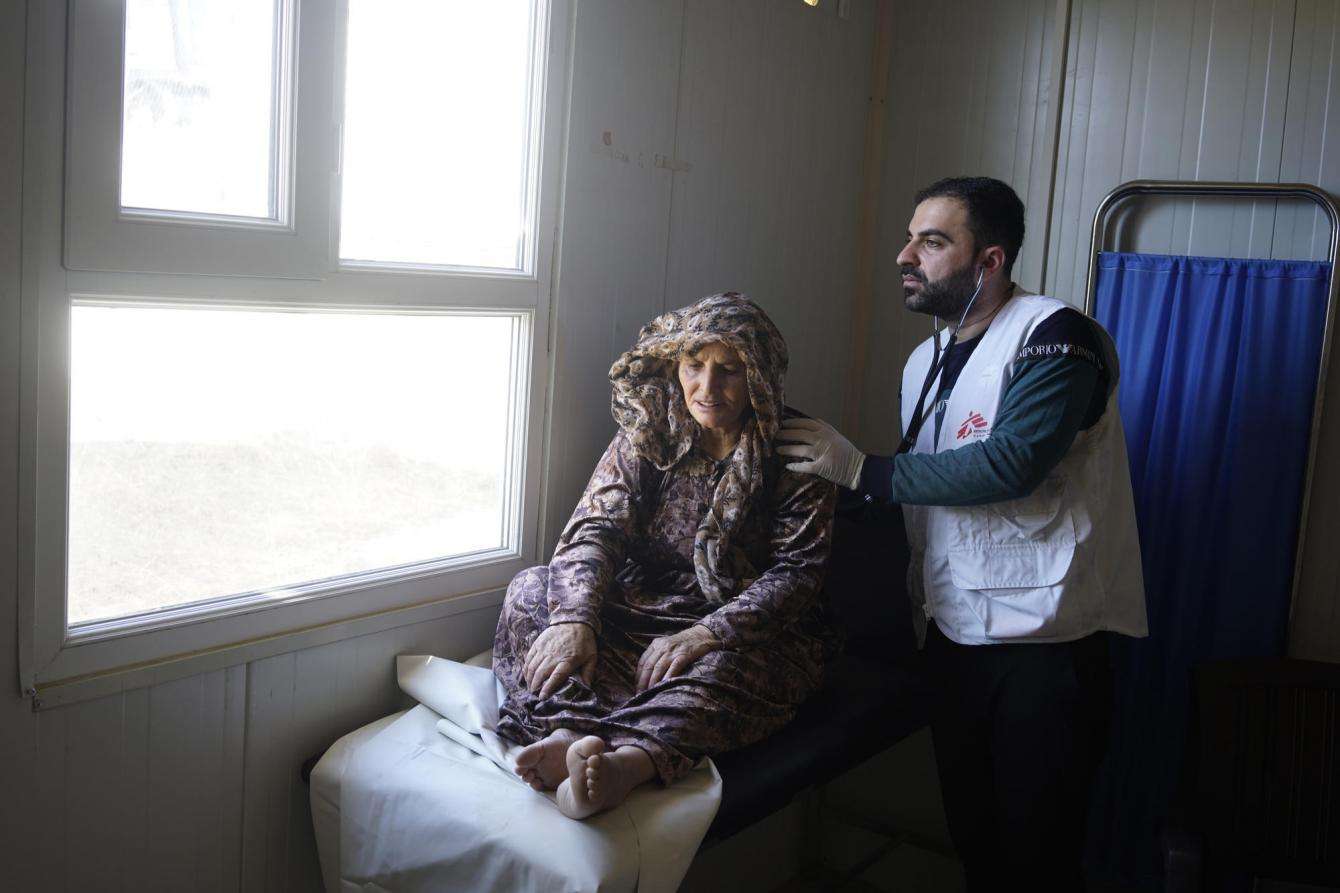
MSF mental health workers in the camp met people with suicidal thoughts as well as people with the early symptoms of post-traumatic stress disorder. In addition to psychological first aid and referrals, our teams also provide people with tips on caring for themselves and others and coping with stress.
“People were worried about the future and were feeling hopeless, thinking about the things they were forced to leave behind like their homes, jobs, family members, and loved ones,” Pradal said.
